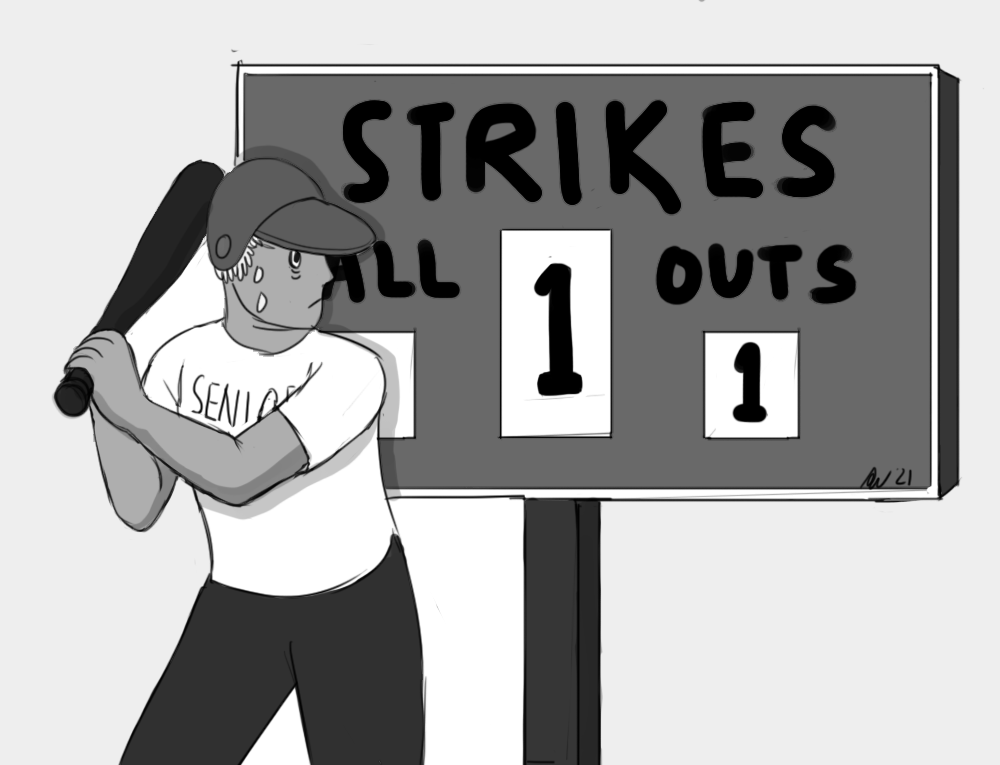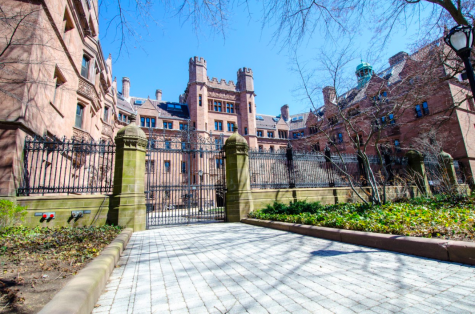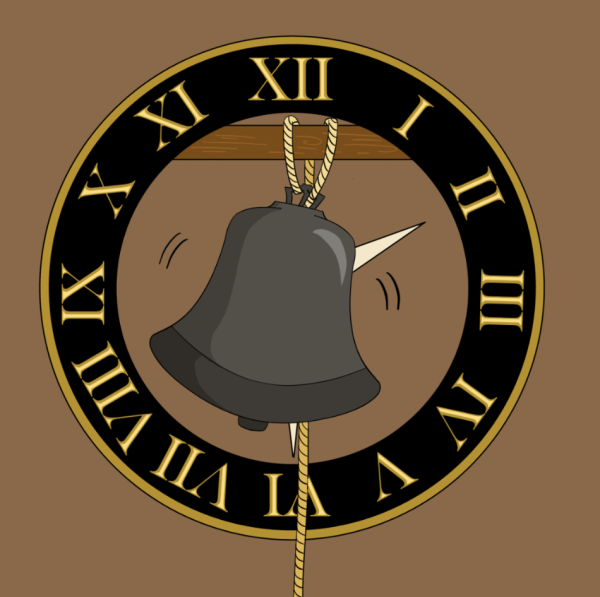Six Strikes, You’re In! (For the Rest of the Year)
It is a universally-recognized truth that seniors will not work as hard in their spring term. The School, however, does not want seniors to lose their drive in their final days on campus. In order to combat this nonchalance, the school adjusts the demerit policy so that senior privileges can be lost based on demerits. The Groton handbook dictates that any senior who accumulates six or more demerits in spring term will have certain privileges revoked, including the privilege of leaving the dorm after check-in (referred to commonly as 10-12). Outside of sixth form spring, though, six demerits will only earn a two-hour work crew. What gives?
As to the purpose of the policy, Mrs. Petroskey says that “for Sixth Formers, it helps keep them accountable for their commitments as well as remaining good leaders until they graduate.” 10-12, she argues, is not an absolute right but a privilege only to be given to students who prove that they can manage their responsibilities. But questions still inevitably arise on this demerit policy.
First of all, do the stricter rules show a lack of trust for the seniors? The answer is yes. Ultimately, it is true that seniors are more likely to kick back and relax than focus on work during the spring. However, meeting these requirements has always been and still is the responsibility of solely the student. If their sudden change in work ethic or motivation brings consequences to the senior, it is their own fault. However, the School’s tightened demerit policy in the dusk of the school year only shows that they expect their seniors to slack off. Surely the School owes a little more faith to its sixth form.
The second and perhaps bigger question looms: does it work? Many students seem to think it has mixed effects. Senior Liberty Potter ‘17 said, “I don’t think it works for a lot of the bigger problems… but I think that for skipping chapel and such it’s worked.” This makes sense: seniors want their privileges, so the likelihood for them to skip a twenty-minute commitment and lose hours of potential socializing time at night diminishes. According to Mrs. Petroskey, the number of seniors skipping chapel is consistently low throughout the year, remaining so in the spring with the risk of losing 10-12.
I believe that the school needs to show more faith in the senior class by giving them at least the same amount of room for error as in the past. The seniors have made it this far, so why respond by heightening the likelihood of punishment? As Tripp Stup ‘17 says, six demerits is an “absurdly low” number: “They should take [senior privileges away] at ten or something so if we mess up three times we won’t be punished and we can still enjoy our last couple of months.” The fact of the matter is that many seniors do not even get six demerits in the fall and winter, but it is the threat of punishment after doing so little that can make it much harder to enjoy their final days at Groton.










